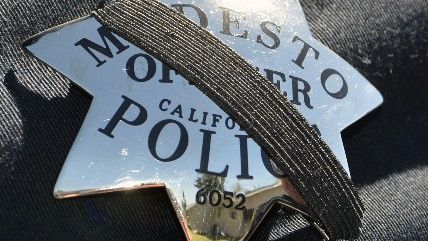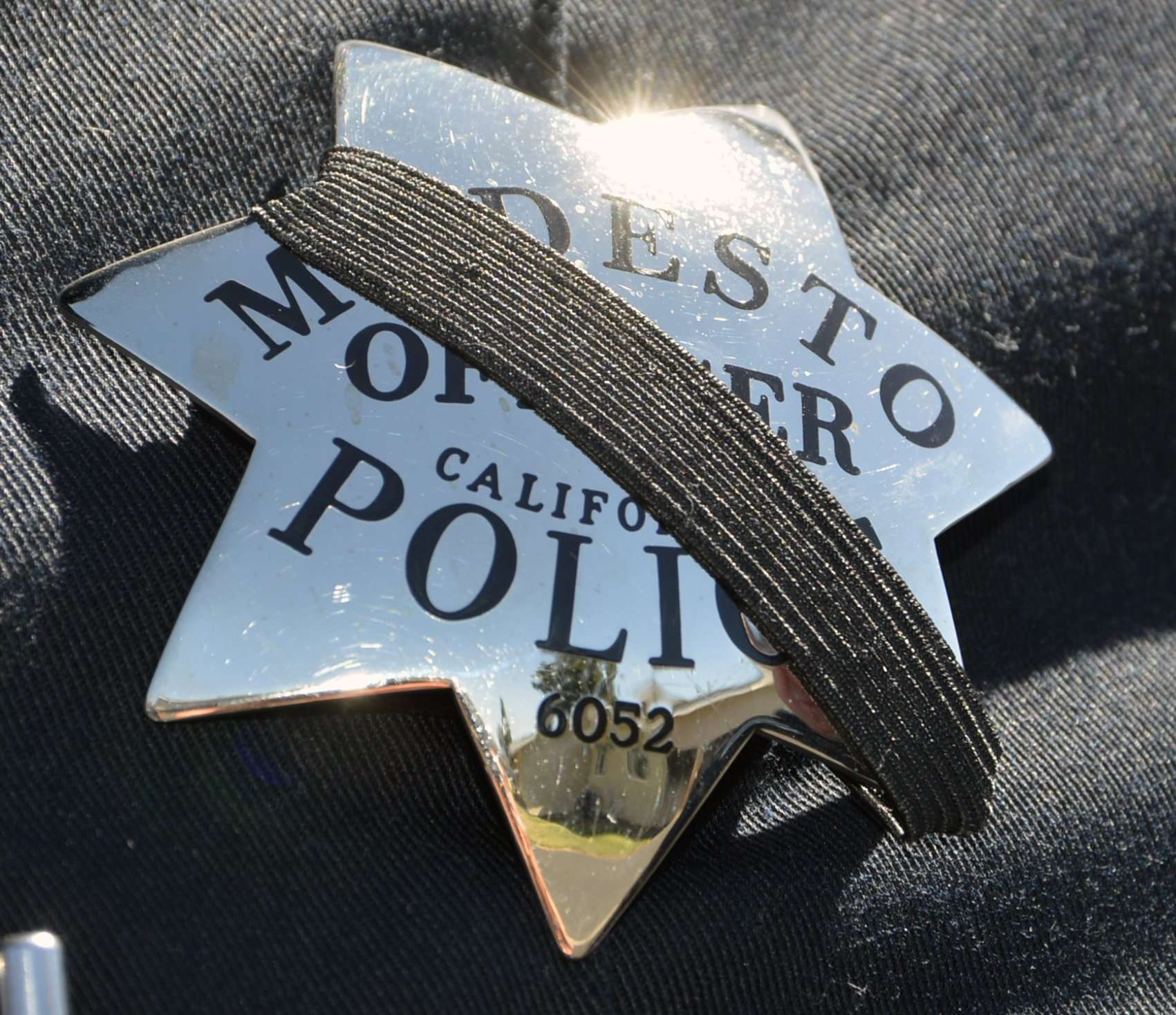Hate Crime Laws Are a Savage Hypocrisy, as Demonstrated by New "Blue Lives Matter" Laws
If police are entitled to hate crime law protections as an identity group, who isn't?


Assaults on police are already subject to more additional penalties (which are generally prosecuted more severely) than assaults on private citizens are, but the push to include police as a protected identity class under hate crime laws continues today in New York.
Assemblyman Ronald Castorina (R-Staten Island) has proposed an Empire State version of the "Blue Lives Matter" law which went into effect in Louisiana earlier this week, making an attack on a police officer a hate crime, prosecuted with harsher sentences the same way an identity-motivated assault on someone based on race, religion, ethnicity, gender identity or sexual orientation is. In New York, an attack on a police officer is already a Class C felony (and prosecutors need not prove motive), with the hate crime upgrade it would be a Class B felony. More serious violence against police, if charged as aggravated assault, would go from a Class B felony to a Class A felony, should Castorina's bill becomes law.
Given the additional penalties already imposed against those who commit violence on police, why do many feel the need to add hate crime protections for police?
Louisiana Rep. Lance Harris (R) is quoted by Rebecca Beitsch of Pew Charitable Trust as saying the additional statute is "that extra layer of protection that reinforces morale by knowing the state of Louisiana is behind them."
Castorina told the New York Observer, "It's based on this climate in this country right now where police officers are being abused and they're being disrespected, and we're seeing they have a target on their back, in Louisiana and in Dallas," adding, "You can envision this happening at a protest, where somebody might throw a rock or a bottle or a punch."
Despite the heated "War on Cops" rhetoric recently on display at the Republican National Convention (RNC) and the horrific targeting of police by murderers in Dallas and Baton Rouge, it's still a historically safe time to be a U.S. police officer. Still, Texas, New Jersey, Kentucky, Massachusetts, and Mississippi — states which run the gamut from liberal and Northern to conservative and Deepest South — are also considering adding police to hate crime protections.
Hate crimes are by their very nature thought crimes, making a racist's motivation to commit violence a greater violation in the eyes of society than, say, a thief's motivation to commit violence. So what does adding police to the list of protected classes — which is apparently intended as a morale-booster, rather than an effective crime deterrent — do to the general perception of hate crime legislation?
Writing at Gawker (!), Hamilton Nolan opines that such laws are generally an opportunity for politicians to grandstand about how much they care, which is an easier thing to do the address our nation's shameful mass incarceration figures. Nolan adds:
Defining an attack on agents of the state empowered to use violent force as a "hate crime" is, of course, a mockery of the hate crime concept. But this has always been the unavoidable endpoint of such laws.
Eventually, every single sub-group of people will have their own hate crime law. At that point, we will be back to the exact place we were in before hate crime laws.
Violence is already a criminal act and everyone, regardless of their identity or occupation, is entitled to equal protection under the law. The fair and equitable enforcement of criminal law which treats all citizens as created equal is what we should strive for, not feel-good legislation that plays into the hands of bigots by further segmenting the human race into different species.
Way back in the halcyon days of the Bill Clinton administration, South Park made the point that hate crime laws are a "a savage hypocrisy." Watch the iconic clip below:

Show Comments (18)